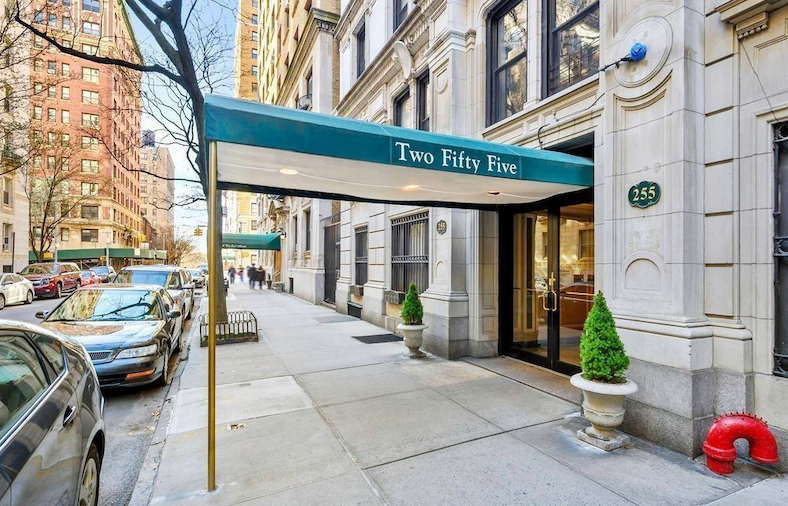
Question: I am the occupant of an apartment in a condo that my company leases and pays the rent. The lease runs through June 2018. If my company decides to close my contract with no reason, may I remain until the end of the lease? Do I have a legal case if my company finds another occupant?
— Hanging by a thread in Tribeca
Dear Hanging:
If you are about to get fired, I’d suggest you start packing. That’s not because you don’t have any rights here — you do — but because it sounds like you are living on borrowed time in a borrowed place.
This is a complicated situation, and you really should consult an attorney. In your case, however, it may not be a housing attorney who is your best, first choice. This looks like a labor law or contract issue to me.
On the face of things, you have no obvious claim on the apartment. You are neither the lessee nor do you pay the rent. You probably have no standing to bring a case against the landlord in housing court.
But you refer to the possibility of that the company could “close my contract with no reason.” So you’re not an employee, but are instead working under a contract? You have fewer legal rights and protections as a contract worker, but you have stronger contractual rights than a typical employee.
So what does your contract say? Can the company terminate the contract at any time? Must they pay the full value of the contract, including housing, if the company terminates your service? Does it say that you can occupy the apartment through the lease term? These are the issues that determine your rights to the apartment.
The best-case scenario is that your contract guarantees you a set amount of money and occupancy of the apartment through June. The worst case: Your contract says the company can terminate your employment at any time, pay you no more, and put you out on the street.
If that happens, you might have a housing case. But it would be against your company, not the landlord. You could argue that the company is your landlord, and it’s evicting you without the proper notice or court order. At that point, if the company wants to avoid any legal hassles, you might be able to negotiate remaining in the apartment through the end of the lease. You could even offer to cover the rent.
It’s a tough call. Again, this is lawyer territory.
David Crook is a veteran journalist and author of The Complete Wall Street Journal Real-Estate Investing and Homeowner’s Guidebooks. Do you have a question about anything real estate-related in NYC? Write him at askus@streeteasy.com. For verification purposes, please include your name and a phone number; neither will be published. Note: Nothing in this column should be considered professional legal advice. If you have a legal issue, consult an attorney.
—
Hey, why not like StreetEasy on Facebook and follow @streeteasy on Instagram?
Related:








